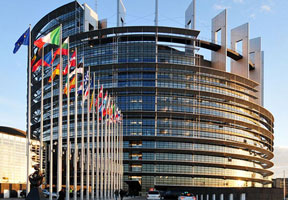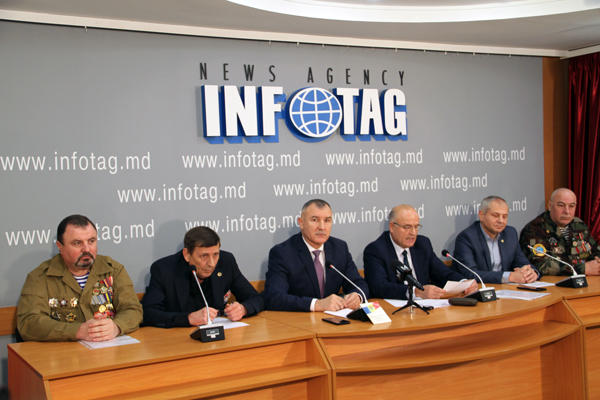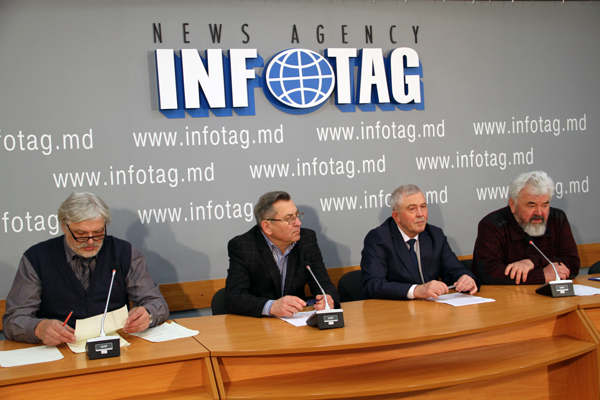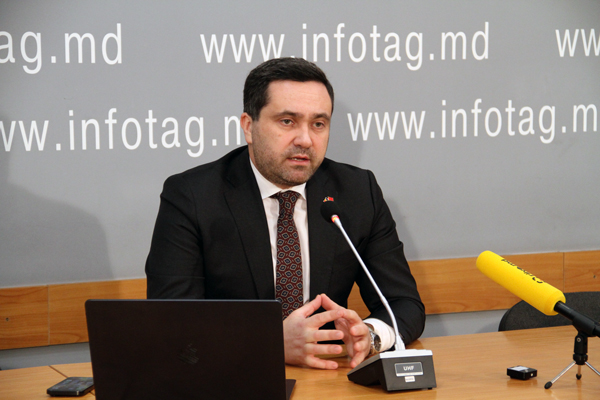Politics
EUROPEAN PARLIAMENT TO REMIND MOLDOVA OF THE NEED TO FULFILL CONDITIONS FOR SAVING VISA-FREE REGIME

The European Parliament will shortly remind the Moldovan leadership of the necessity to meet the commitments Moldova has assumed at signing the Agreement on visa regime liberalization, reads the draft Resolution published on the European Parliament's website on Monday.
The draft will be debated on Tuesday in the European Parliament's Foreign Affairs Committee, and on Wednesday - at the European Parliament's plenary sitting. The draft says that the Resolution is based on the scrutiny of the situation in Moldova over a recent time. Last 6 months, three expert researches were carried out - on the electoral reform in Moldova, on the level of realization of the EU-Moldova Association Agreement, and on the institutional frames of its realization.
The Committee pointed out a substantial progress achieved in a number of spheres, meaning, in particular, the resolute actions taken for a systemic improvement of the finance sector and, therefore, for minimization of the risk of repetition of a large-scale bank fraud.
The document indicates also the growing cooperation in the energy sector and an impressive growth of bilateral trade by means of realization of the Deep and Comprehensive Free Trade Agreement [DCFTA, the essential-most component of the EU-Moldova Association Agreement].
However, those achievements were overshadowed by a growing deviation from the main values pertaining to democratic standards, values that are an essential element of the Association and that are related to the European Union's financial assistance to the Moldovan State and the visa-free regime for Moldova citizens, says the draft Resolution.
Its authors expressed concern about the actions made in Moldova lately in the spheres of the electoral reform, the rule of law, and the development of the mass media and civil society. The European Parliament is indicating that the electoral reform does not correspond to the recommendations given by the OSCE/ODIHR and the Venice Commission, whereas the Chisinau mayoral election results were invalidated on dubious grounds and not transparently. Also, there was pressure on opposition leaders and on local authorities (particularly mayors), and an excessive and opaque funding of parties.
In the sphere of the rule of law, the document pointed out the absence of an independent judicial power in Moldova, the influence of business interests and of certain political leaders, a limited progress in struggle against corruption, including by means of latest tax reforms that can only increase the risk of money laundering. Also, the drafters pointed out the absence of results in the prosecution of those responsible for the bank fraud scandal and for large-scale money laundering, the disproportional criminal prosecution of political opponents and their lawyers, of human-right activists, independent judges, journalists and the critics of the incumbent Moldovan authorities.
The Resolution drafters drew attention to the monopolization of the Moldovan mass media and advertising market, the weakening of independent news publications, attempts to restrict the freedom of actions and discredit civil society representatives.
From its part, the European Parliament says that any decision concerning the would-be macro-financial assistance must be taken only after the forthcoming parliamentary election in Moldova - provided it is held in accordance with international standards and monitored by specialized international organizations.
The European Union is going to scrutinize the situation in Moldova and is suggesting forming a special EU Support Group for Moldova - with an account of the progress to be achieved in democratic standards in order to broaden the provision of expert knowledge to the Moldovan State.
For the first time ever, the draft Resolution mentions that the provision of the visa-free regime to Moldova was conditioned with obligations, whose non-fulfillment might lead to suspension of the visa-free regime. Until the present time, such a procedure has never been used.
























Add Comment